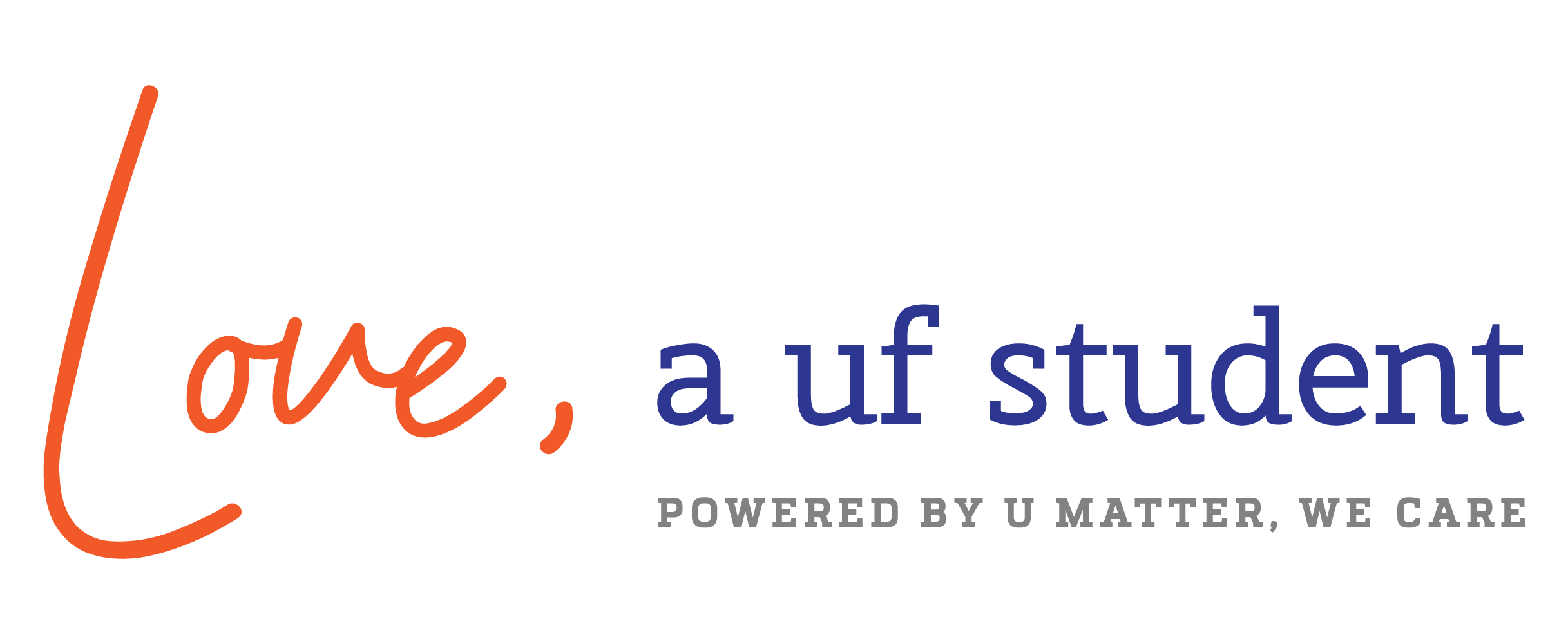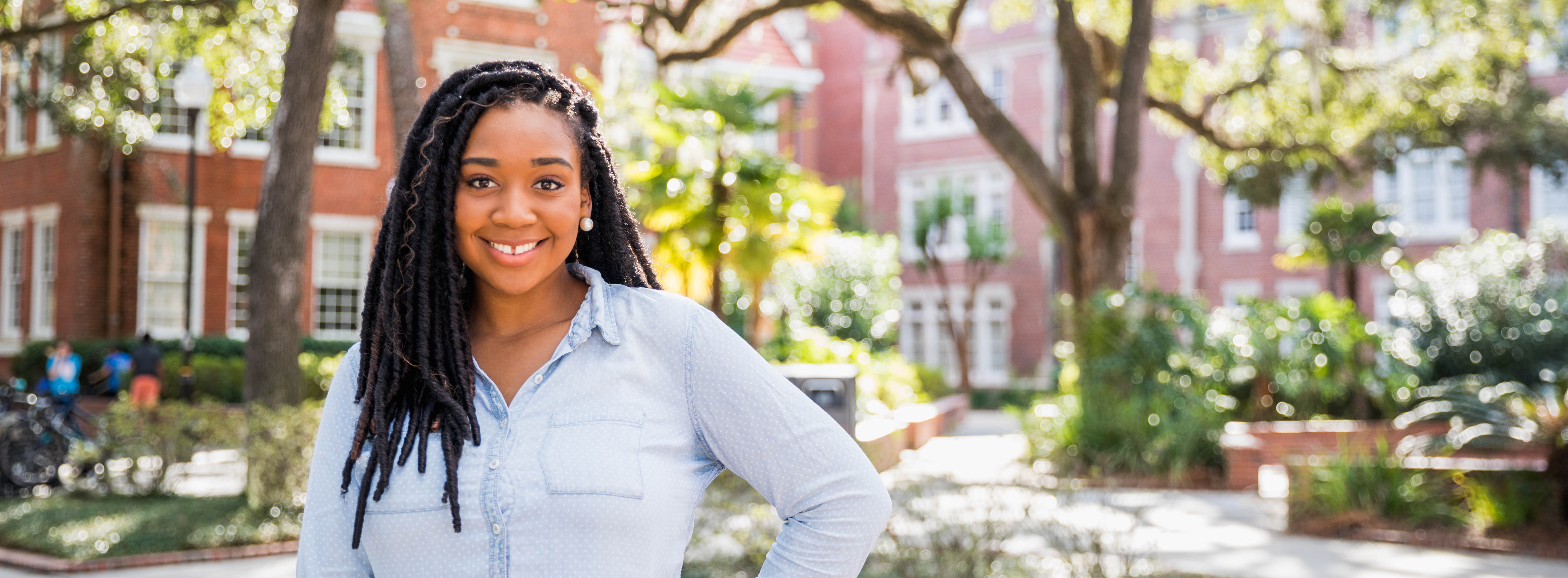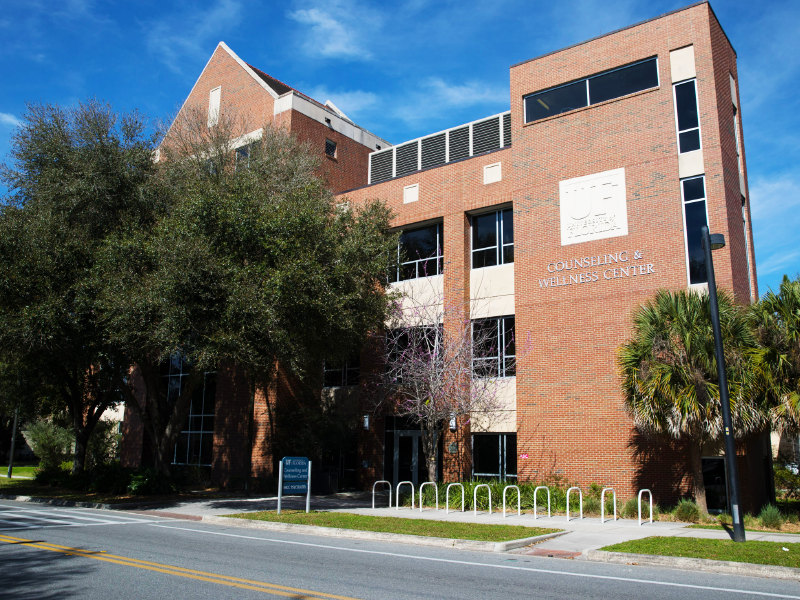“I just wanted to tell you thank you.” This is something that I am told after every presentation. As an undergraduate research assistant, I have had the opportunity to participate in a research project on Depression in African Americans in Tallahassee, Fl. I have also had several opportunities to present what I have found while working on this project. After every presentation, at least one person in the audience will come up to me, shake my hand and say, “I just want to tell you thank you for presenting on such an important topic.” Now for each individual, their reason for thanking me was different. One person would thank me because they related so much to the struggles of depression, and another would thank me because they understand the need for research on mental health. Whatever the reason, I was always overwhelmed with gratitude. Those moments were just reminders that my research matters, and additionally, my experience with, and journey to overcoming depression mattered as well.
I struggled with depression on and off since the eighth grade. At that time, I didn’t have anyone I could talk to about what I was going through. I grew up in a household that didn’t talk about mental health, and in general, didn’t talk much about issues that would cause toxicity. Even outside of my household, as an African American, it wasn’t common for an emphasis to be placed on mental health and counseling. Instead, an emphasis was placed on resiliency, looking happy in public, and relying solely on prayer has your mental healing. While I liked to think that I was indeed a strong individual, and identified as a Christian, I knew that I still had more work to do to overcome depression, but I didn’t know what or how. When I transferred to the University of Florida, that experience alone added to my depression, because it was my first time being away from home, and I had to find community and adjust to the university setting. However, it wouldn’t be until I came to the University of Florida when my journey to healing would begin.
I transferred to UF as a biology pre-med student. The last three words in the previous sentence should say enough about the increase in my depression (that was a joke). Being homesick and lacking community was enough to make anyone feel depressed, but being a pre-med student seemed to intensify what I was already struggling with. Listen, pursuing medicine is a great and honorable thing. For me, however, it didn’t feel so great. I began to question if it was for me. If medicine wasn’t for me, then what would be my purpose? What exactly would I do? When I started having second thoughts on my career path, that was when I decided to begin going to counseling at the Counseling and Wellness Center on campus. Honestly, counseling was the best thing I could have ever done. In my counseling sessions, I was able to identify the roots of my depression, from low-self-esteem, to childhood trauma from bullying I experienced, to toxic moments in my household growing up. Learning these roots, I was able to acknowledge them, and either tame them or learn to move past them. The interesting thing is, I have met so many other pre-med students who have been to counseling as well, and have identified their stress from pursuing medicine as a contributing to their depression. For me personally, I knew that for my mental well-being, I had to make the brave choice to give up medicine. From that decision, I was able to break off a chunk of my tie to depression, as well as open myself to other opportunities; one of those opportunities being educating others about depression. In the Spring of 2018, I applied for the McNair Scholars Program, a post-baccalaureate achievement program for students who are interested in research and pursuing a Ph.D. Through McNair, I gained an opportunity to collaborate on an ongoing project regarding depression in African Americans. This was such a turning point for me with my depression because I got to learn more about external and internal factors that affect depression in individuals. I was able to talk to my family about my research and they asked questions. Even more exciting, my sense of purpose was restored, as my research gave me the desire to pursue a Ph.D. in Epidemiology, and pursue health disparities research, specifically regarding mental health.
In addition to going to counseling, my faith has helped me to overcome depression. January 1st, 2019, I made a declaration that 2019 would be the year that I would be set free from Depression, which meant that I would go to counseling, I would seek help from my leaders at church, I would pray consistently and read scriptures in the bibles that specifically talked about depression, and I would journal all of my feelings- all of these things I did, because I wanted to make a change in my life. I wanted to do the work necessary to break the generational ties to poor mental health in my family. I find It a huge blessing that I was able to take my depression and turn it into my purpose. Now that sounds so much easier than it actually was, but what I learned is that when someone is going through depression, it doesn’t look or feel like it will ever end. However, it WILL. IT CAN. I have seen people overcome depression who battled it for more than 10 years. I’ve seen people overcome depression who relied on medicine for treatment. If I could encourage anyone that is suffering from depression, I would say this: Do what you can to support yourself, find people you trust that can support you too, rely on faith, and remember that it is not the beginning or end of you. Your life was never meant to be defined by depression. It was meant to show that depression can be conquered! That’s what I claim as my testimony!
Love, Jessica, a UF Student


